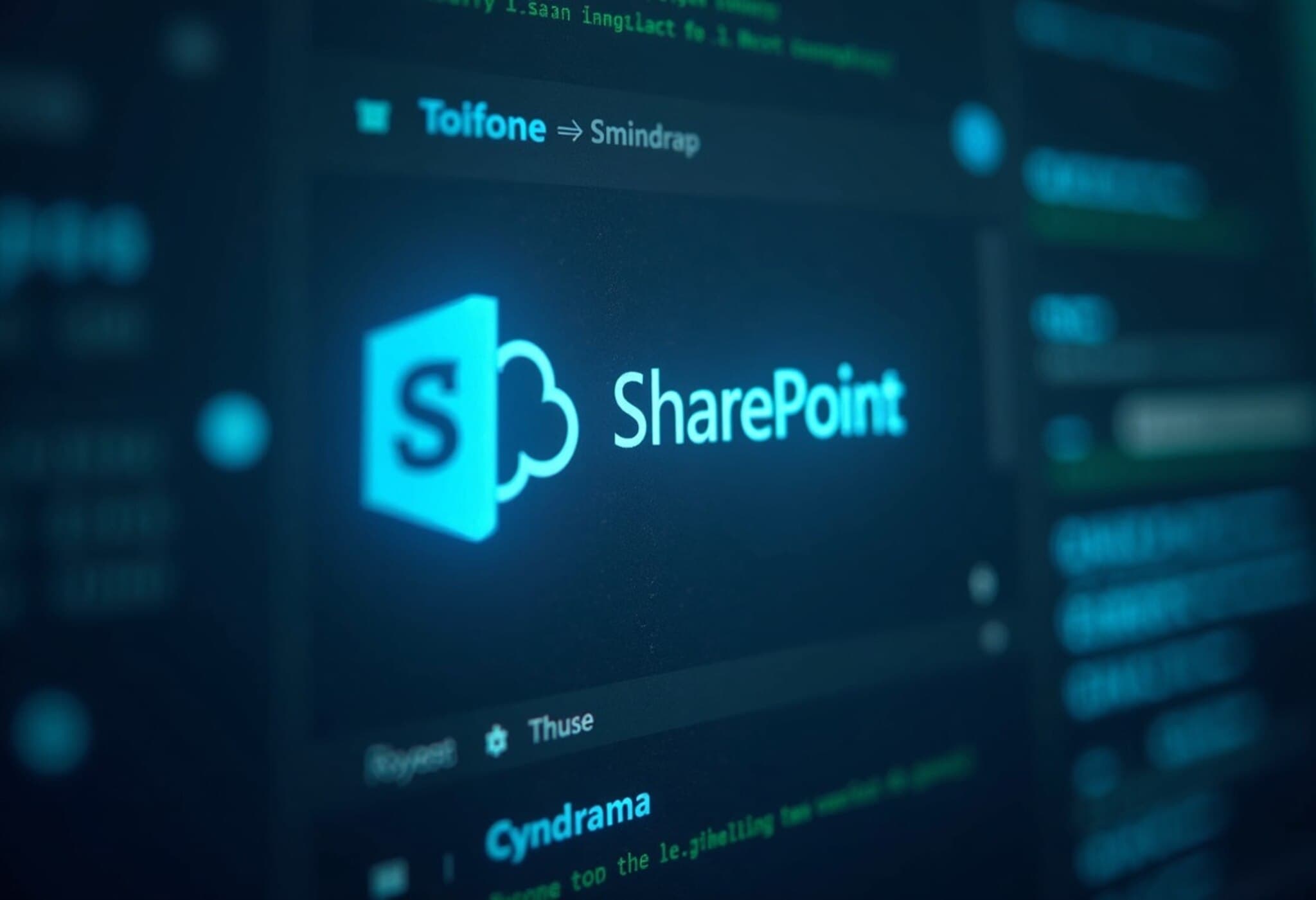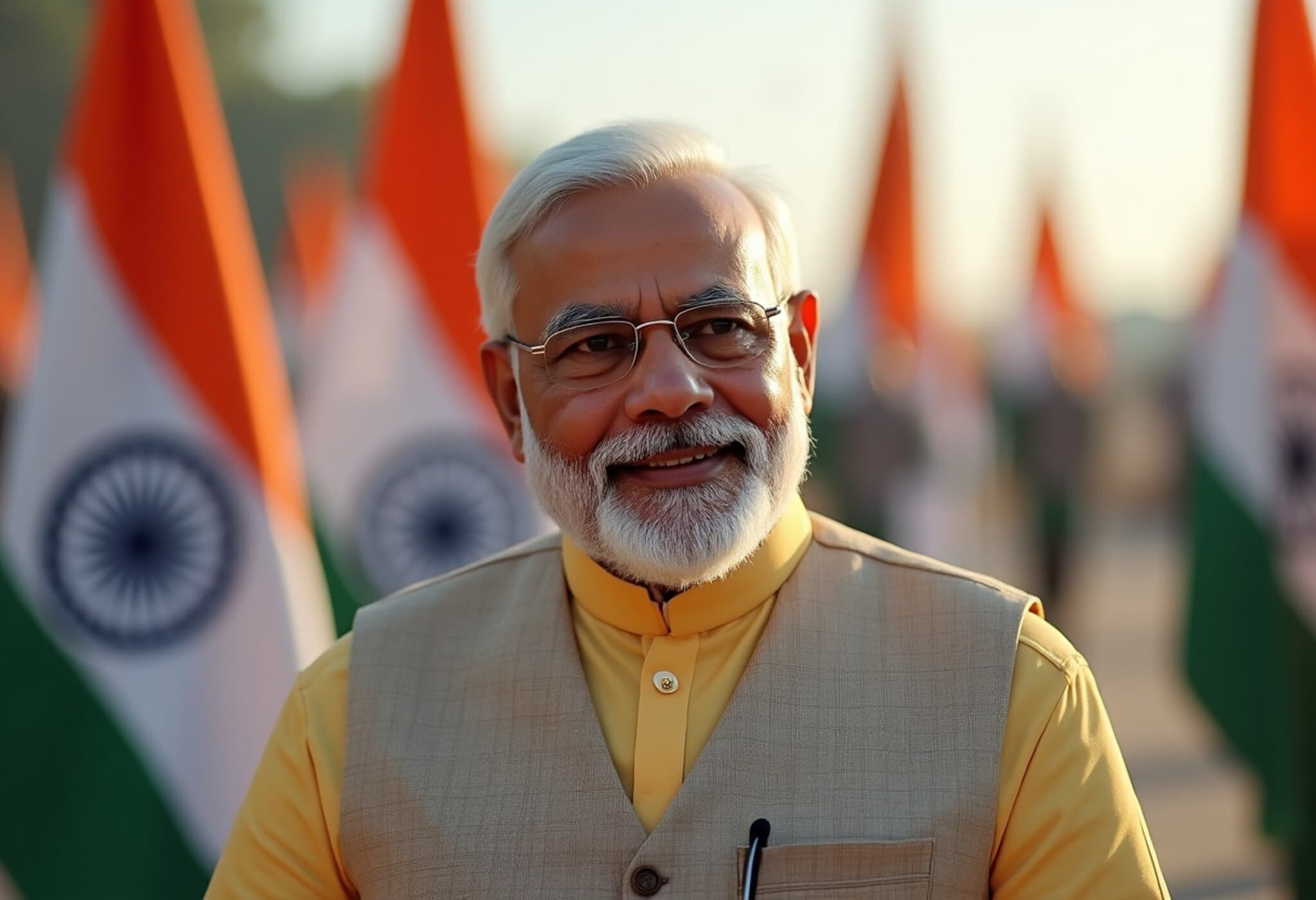New Digital Frontiers: Terror Groups Leverage Gaming Apps in Jammu and Kashmir
In a sophisticated twist to insurgent communication strategies, terror organizations and Pakistan’s Inter-Services Intelligence (ISI) have adopted online multiplayer gaming platforms as covert conduits to orchestrate activities and radicalize youth in Jammu and Kashmir. Rather than rely on conventional social media—which security agencies vigilantly monitor—these groups have turned the immersive environment of war-style games into encrypted channels for real-time conversation and recruitment.
Gaming Apps Turning Virtual Battlefields into Real-World Threats
Games resembling popular titles like PUBG that allow in-game voice, video, and text chat enable these groups to network under the radar. Officials have documented at least four confirmed incidents where gaming platforms facilitated communication between handlers and recruits. One notable case involved a minor from Kashmir groomed by a contact across the border during gameplay, thankfully intercepted by authorities before the radicalization deepened.
In-game communication functions initially designed for strategic coordination among players are being weaponized. Experts note that these features, crucial for cooperative gameplay, now double as tools for clandestine messaging, allowing terror actors to disseminate instructions and vet potential recruits subtly.
Encryption and Anonymity Amplify the Challenge
Several gaming applications employed provide varying degrees of encryption—sometimes including RSA-2048 level security, the gold standard in cryptographic protection. This renders monitoring efforts exponentially more difficult, as messages are encrypted and decrypted solely on users’ devices, effectively eliminating third-party interception.
Some of these platforms even forego requesting personal identifiers such as phone numbers or emails, granting complete anonymity. This anonymity is a boon for nefarious actors, enabling them to evade traditional tracing methods.
Given India’s ban on multiple gaming and messaging apps, these tools are often accessed illegally through Virtual Private Networks (VPNs), which mask user IP addresses and encrypt internet traffic, compounding the difficulties faced by cyber and intelligence units.
Beyond Gaming: The Growing Menace of Virtual SIM Cards
Adding another layer of complexity, terror networks have embraced virtual SIM card technology—digitally-generated phone numbers operable via apps that don't rely on traditional telecom networks. This method surfaced prominently during investigations into the 2019 Pulwama attack, where over 40 virtual SIMs were reportedly connected to the perpetrators, evidencing the scale of this covert tech utilization.
The use of virtual SIMs combined with encrypted gaming communications signals a pattern of tech-savvy adaptation by terror groups, exploiting low-bandwidth connections prevalent in the region, sometimes as slow as the now-dated 2G networks, ensuring persistent connectivity despite infrastructure constraints.
Security and Policy Implications: Navigating a Digital Minefield
These developments pose significant challenges for India’s national security apparatus. Traditional digital surveillance paradigms are being rendered insufficient by the dark nexus of gaming, encryption, and virtual telephony. Effective countermeasures will require enhanced cross-sector collaboration—uniting cybersecurity experts, intelligence agencies, and the gaming industry—to innovate detection algorithms without undermining legitimate user privacy.
Furthermore, the psychological and social dimensions of online radicalization, especially through seemingly innocuous platforms like gaming, call for community engagement and targeted digital literacy campaigns among vulnerable youth.
Expert Commentary
Dr. Anjali Mehta, a cybersecurity analyst specializing in extremist digital networks, explains, "Terror groups evolving with technology is not new, but the use of encrypted gaming apps reveals a nuanced understanding of emerging online ecosystems. It underscores the urgency for adaptive intelligence frameworks that can decode coded chats without infringing on civil liberties. This is a digital cat-and-mouse game, demanding sophisticated, privacy-sensitive surveillance."
Conclusion: Facing an Evolving Cyber Front
The shifting tactics of terror organizations in Jammu and Kashmir spotlight a broader global trend of extremists exploiting unconventional tech platforms. As authorities grapple with encrypted communications cloaked within interactive virtual environments, the balance between national security, digital freedom, and youth safeguarding becomes ever more delicate.
Editor's Note
This emerging pattern of using gaming and virtual SIM technology to facilitate terrorist communication in Jammu and Kashmir raises critical questions about the future of digital warfare. How will law enforcement develop ethical, effective strategies to counteract encrypted, anonymous channels? What role do game developers and telecom providers play in safeguarding their platforms without curbing innovation? And importantly, how can communities build resilience against radicalization within these digital spaces?
These questions demand urgent interdisciplinary attention as India and other nations confront the blurred lines between virtual and real-world conflict.













